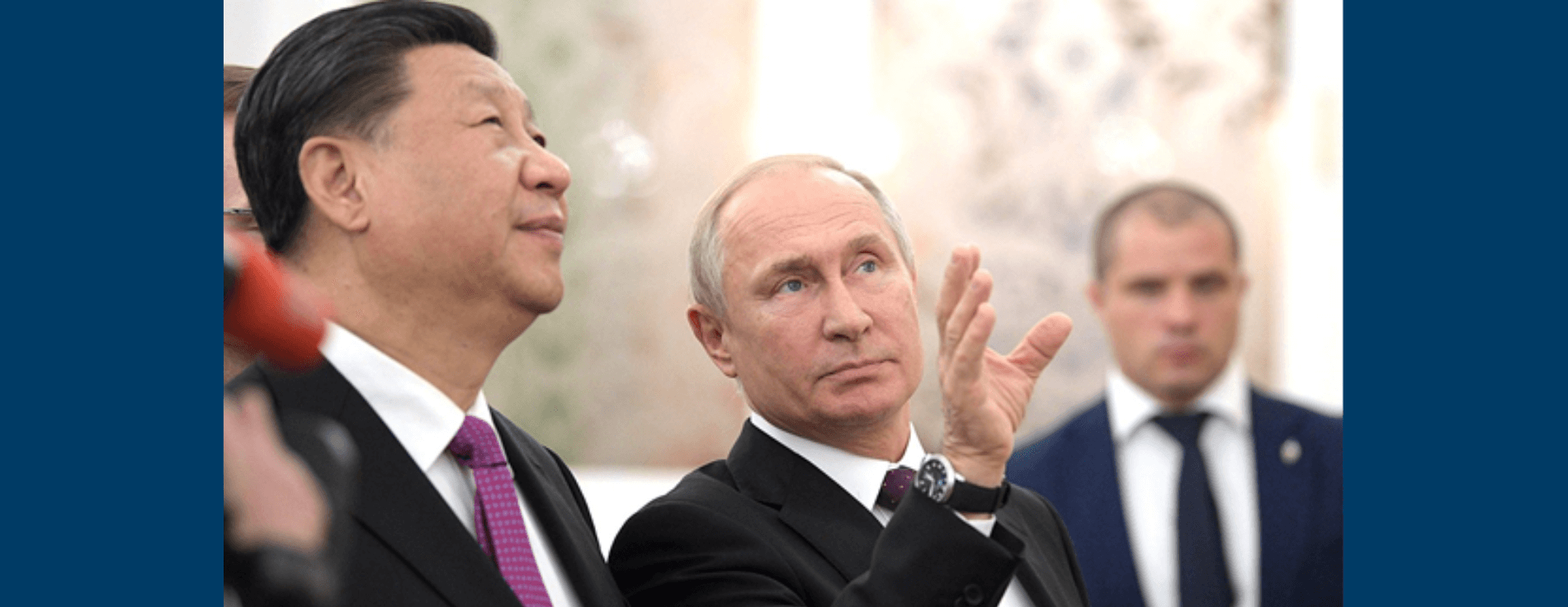Customer Success Story:
Tanks, Trade & Turmoil: Why Customs Need Agility in the Eye of the Storm
It seems many authorities today are still finding their feet as to how customs strategies can be best harnessed to address a world in a state of flux. From ramped-up sanctions to policy shifts and a global supply chain in disarray, there’s one common denominator – to navigate today’s ever-shifting terrain, authorities need to become incredibly agile.
The Terrain Can Change at the Drop of a Hat
And agility occasionally requires an impetus to enforce out-of-the-box strategies.
Let’s take Eastern Europe as an example, prior to the conflict, waiting times in the region’s borders remained a huge point of contention, with Ukraine preparing to sue the European Union over Poland’s refusal to increase the number of freight permits.
But when Russian tanks started amassing on Ukraine’s border, the geopolitical terrain shifted dramatically. Ukraine’s gross domestic product shrunk significantly, shrivelling tax revenue, and leaving the state dependent on international donors to fill a monthly budget deficit that Finance Minister Serhiy Marchenko put at $5 billion.
That’s where ingenuity, cooperation, and agility came into the picture. For Ukraine and Poland, two countries who had struggled to agree on much beforehand with regards to trade, cooperation and creative solutions to make ends meet suddenly became the primary strategy driver. On May 23, the two agreed on establishing a joint border customs control and work on a shared railway company to ease the movement of people and increase Ukraine’s export potential.
By late July, and despite the tension, Ukraine, Russia, and Turkey agreed on a Joint Coordination Center (JCC), established under the Black Sea Grain Initiative, to help safely resume Ukrainian grain exports and combat global food insecurity. To help ensure coordination and safety, the JCC agreed to carry out joint inspections at the entrance and exit of the harbors, bringing different authorities with different national interest together towards a common customs goal.
One could argue that these initiatives were absolutely necessary and only occurred in extraordinary circumstances, and you might be right. But exhibiting such agility will prove paramount for customs authorities navigating future waters, where the economic and political terrain remains shaky and can evidently change at the drop of a hat.
These seemingly singular examples of unlikely cooperation will likely need to spread across other geographical regions. Think of China’s increasingly worrying posture over Taiwan. This could cause unprecedented turmoil with a global ripple effect. It doesn’t take a political cynic to see what’s going on around us. Global geopolitics has seen a host of new challenges land on its doorstep in recent years, and the current trajectory doesn’t exactly alleviate the anxiety.
Real-Time Agility & Compliance
And because of the unpredictable nature of today’s ecosystem, tightly run compliance architecture is needed that can remain swiftly up to date. For authorities who often find themselves blindsided, real-time mechanisms that account for changes as they happen could be the difference between a nefarious shipment being completely overlooked by authorities or not.
Its why real-time compliance is an increasingly necessary function, particularly with the red tape of sanctions and various WTO zero custom duty agreements set to expire. Whether it’s a sudden shift in the geopolitical terrain or a global pandemic upending life as we know it, it’s become patently clear that dynamically and flexibly responding to a constant changing of the tide needs to sit at the forefront of customs strategies today. Publican’s technological ingenuity enables this much needed agility.
With its innovative AI models and massive proprietary global data loads providing real time digital shipment vetting with actionable insight in seconds, authorities can stay on the front foot by proactively maintaining compliance, automatically detecting fraudulent shipments, and ensuring that customs authorities possess the means to react both accordingly and dynamically for the road ahead. For more information about Publican, visit https://publican.ultra.global/
Get in touch
-
21 Soho Square London W1D 3QP, UK



